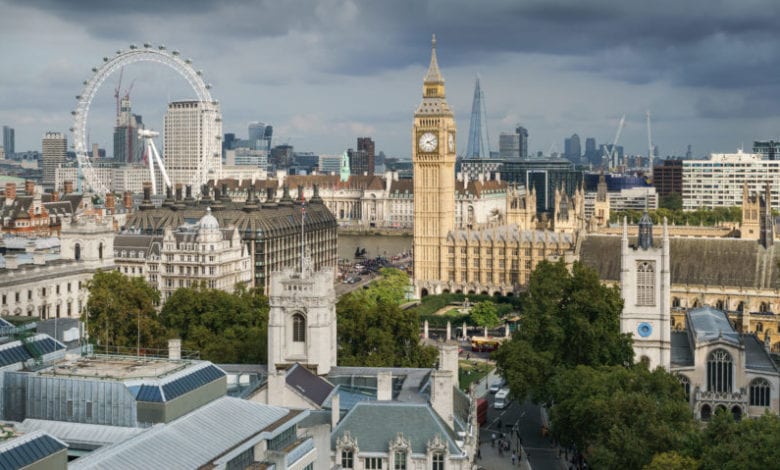Retail landlords reined in, France gets touch on tax havens, and insurers face biggest ever payouts

The government has banned landlords from using winding-up orders against their retail tenants, after aggressive rent collection tactics which threaten the future of retail businesses came to light. Tens of thousands of businesses in both retail and hospitality have found themselves unable to keep up with their rent during the lockdown, but far be it from the average landlord to show some flexibility during a crisis: the statutory demands have been levied nonetheless.
However, the government said yesterday it will bring forward some temporary rules that will void winding-up petitions and statutory demands already meted out by landlords during the crisis, and neither will they be allowed to use CRAR – commercial rent arrears recovery, unless the tenant is more than 90 days in arrears. For the uninitiated, CRAR is a protocol which lets landlords seize their tenants’ goods in lieu of unpaid rent. Some breathing space for those worried about their landlord’s behaviour.
France’s finance minister says companies with offshore subsidiaries or complex tax affairs will not be eligible for bailout money after his country announced a huge stimulus package in line with any other pandemic-struck nations. Bruno Le Maire told Franceinfo radio yesterday: “It goes without saying that if a business has its tax base or subsidiaries in a tax haven — and I want to say this with a lot of force — it cannot benefit from the state’s financial help.”
He applied further pressure by adding that companies receiving assistance from the state would be prohibited from buying back their own shares or paying dividends during the crisis period. This seems fair really in the sense that state help during the pandemic is largely designed to simply keep the economy afloat, not to help companies shore up their own balance sheet position or conduct business as normal on the taxpayer dime. A similar announcement has already been made in Denmark, and we think it would be fair if our own government did so too.
Insurers are set to face their biggest ever losses due to the pandemic, according to the boss of Lloyds of London. John Neal said the payouts from the insurance industry will make Hurricane Katrina and 9/11 look like smallfry. It’s hardly surprising, since policies covering everything from cancelled events, to flights and holidays, to income protection and management liabilities, are normal products with large numbers of customers. Like every other sector, insurance could not have predicted a scenario in which dozens of its finely counterweighted policies could be called upon simultaneously.
A row is brewing in one area of cover, though, and that is business interruption. We’re all familiar with the notorious ‘acts of god’ get-out clauses that save insurers from paying out in floods or earthquakes, but now since the lockdown was enforced by the government – and such a thing is unprecedented – some insurers are saying that their liability is absolved. It’s not the same, they argue, as a retailer’s store being broken into and trashed and needing four weeks’ refitting, which is the type of thing those policies are intended for. In the round, Neal summed up his sector’s predicament rather succinctly: ‘[It is] no doubt the largest insurance challenges the industry has ever faced, I think by some way.”









